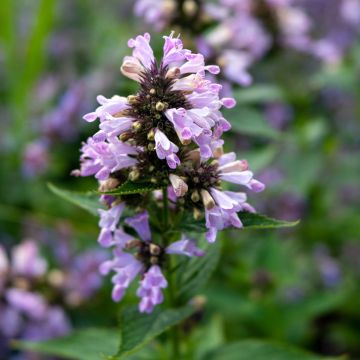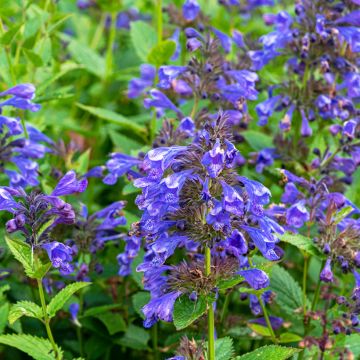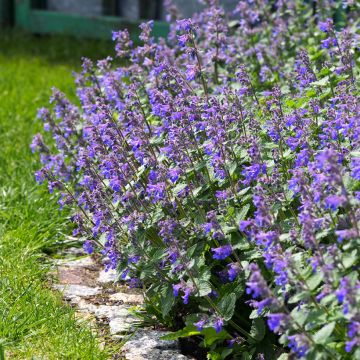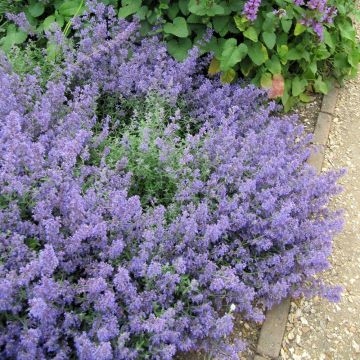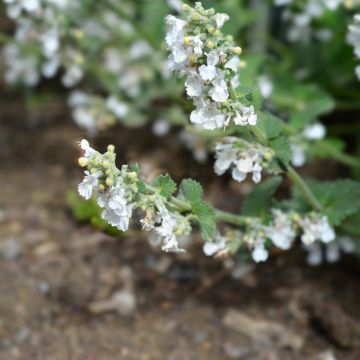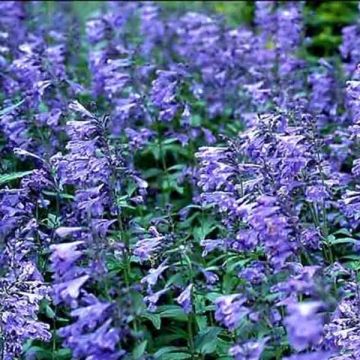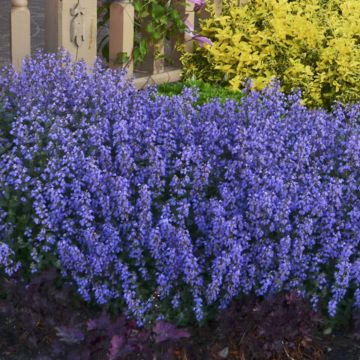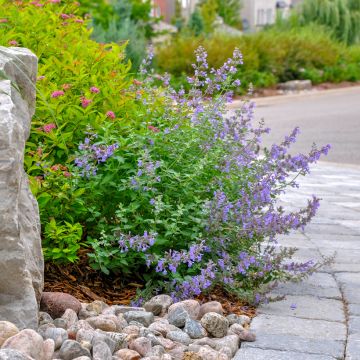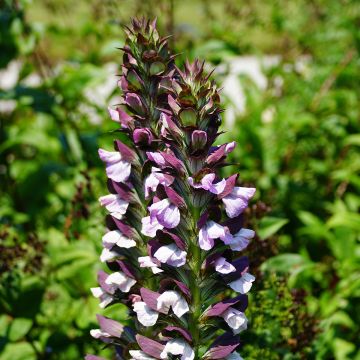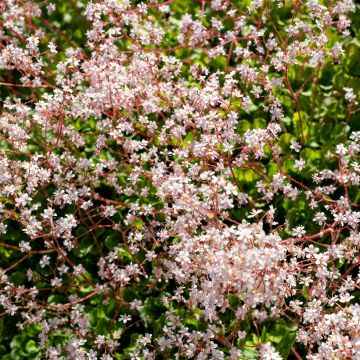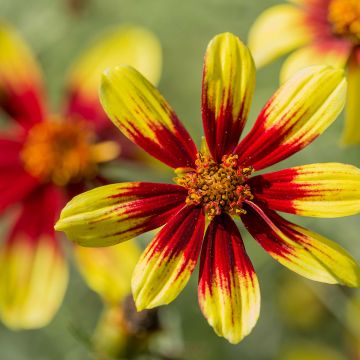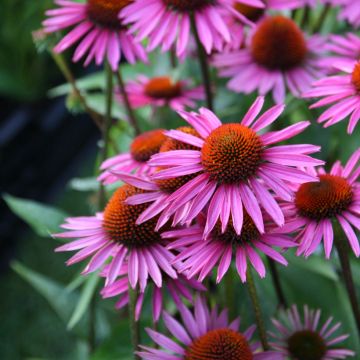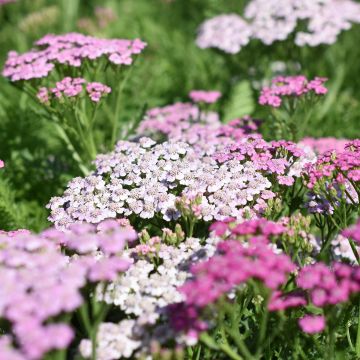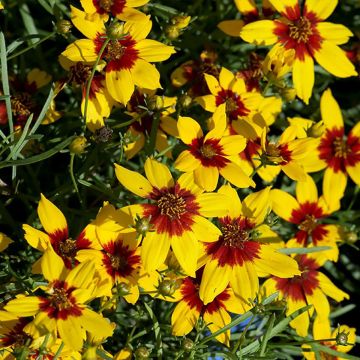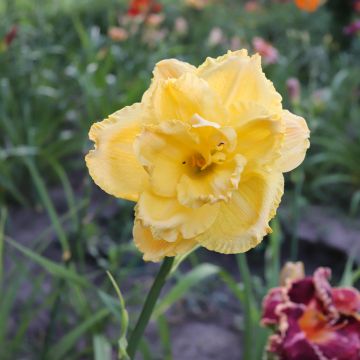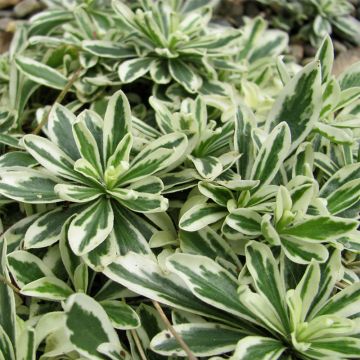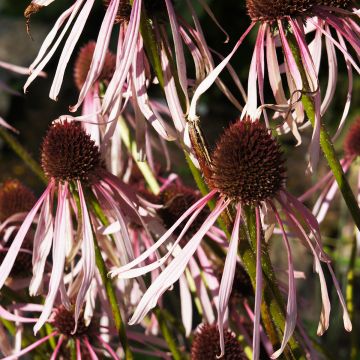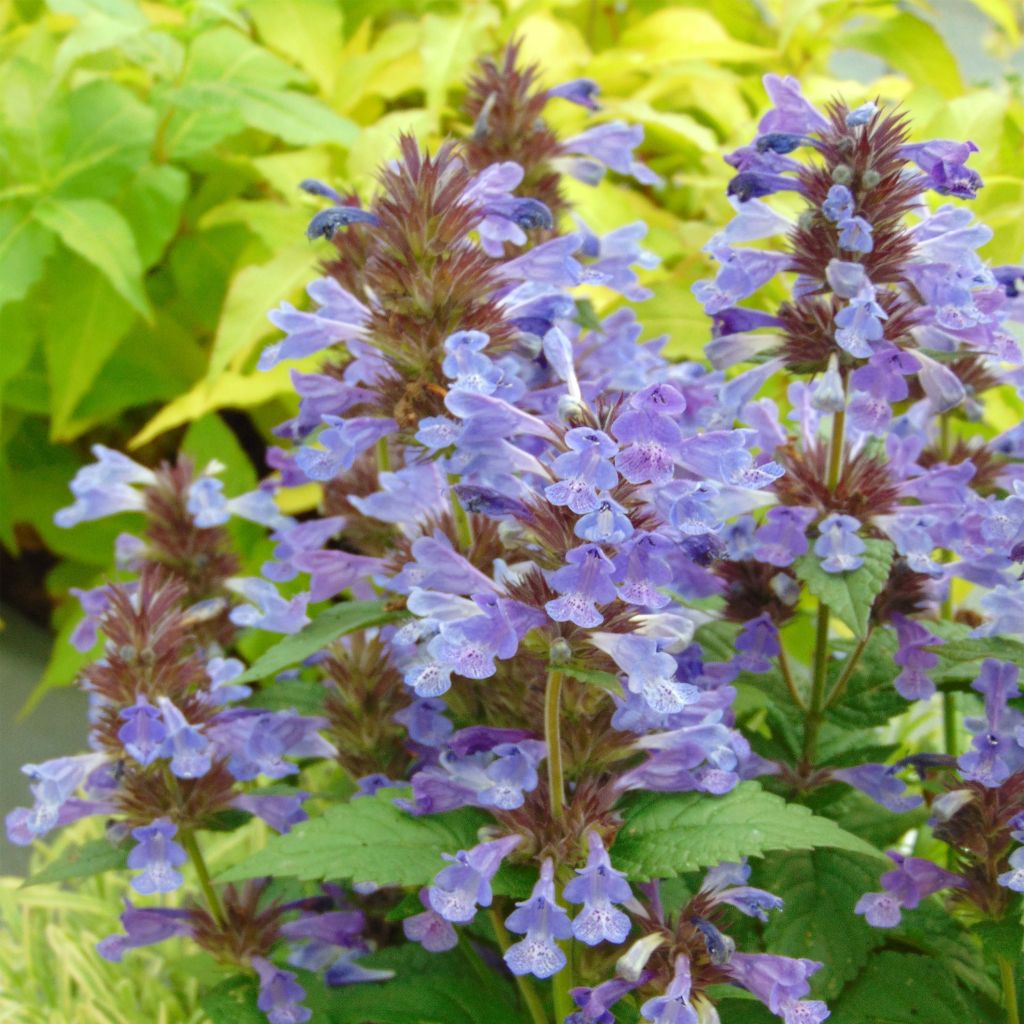

Nepeta Neptune - Catnip
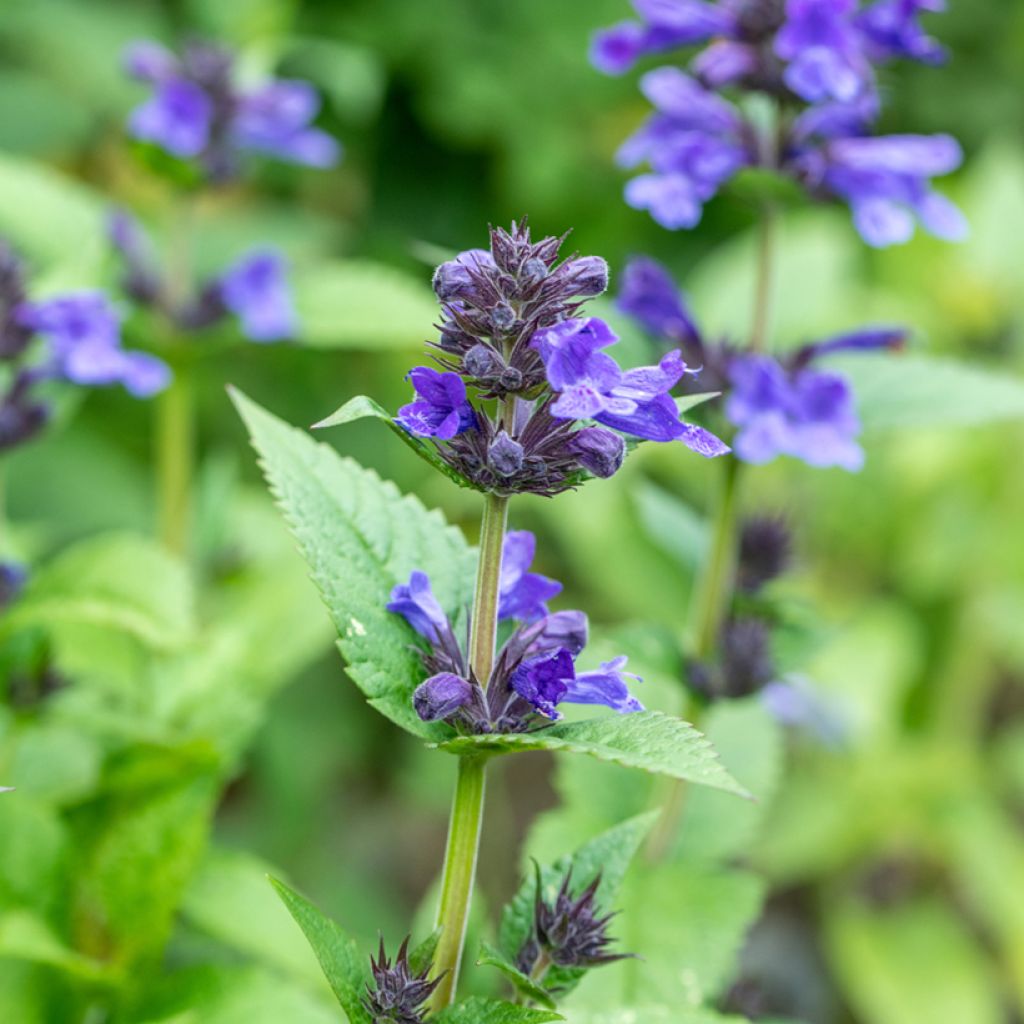

Nepeta Neptune - Catnip
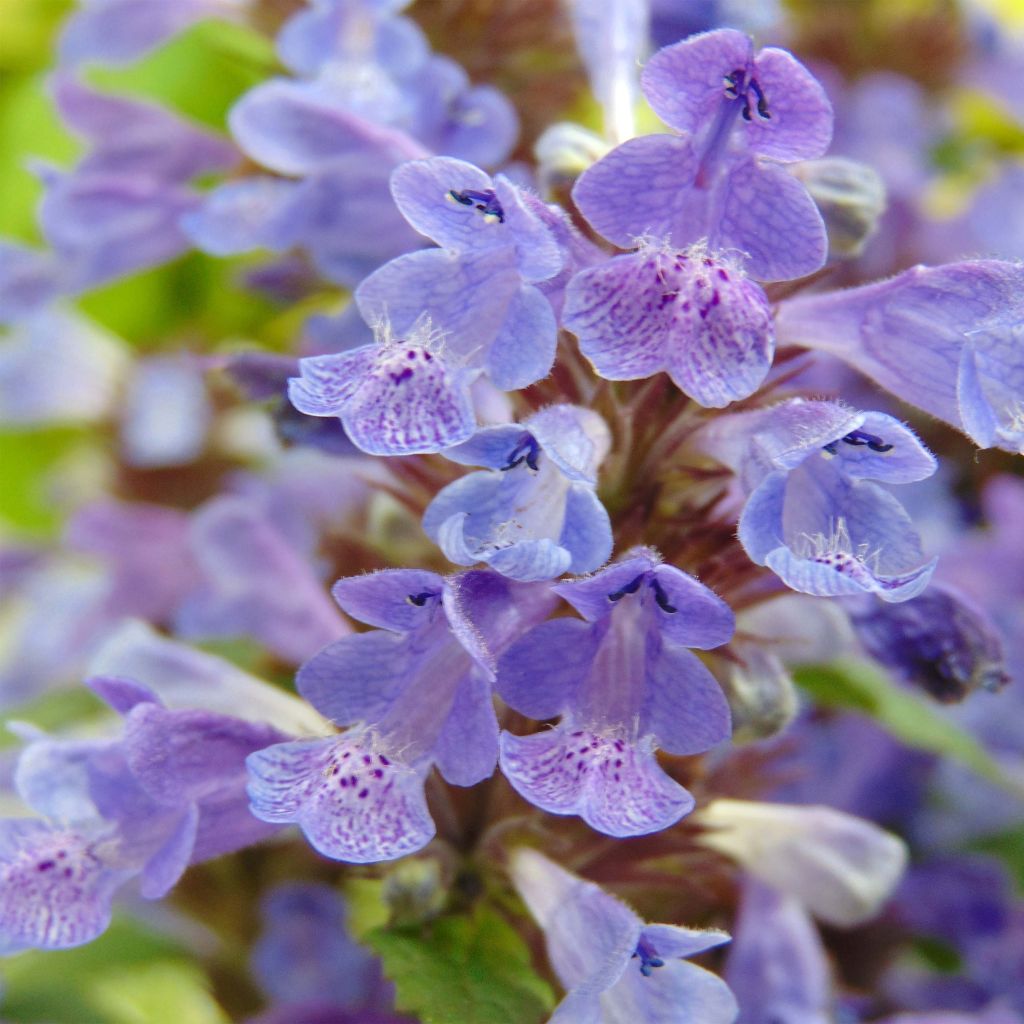

Nepeta Neptune - Catnip
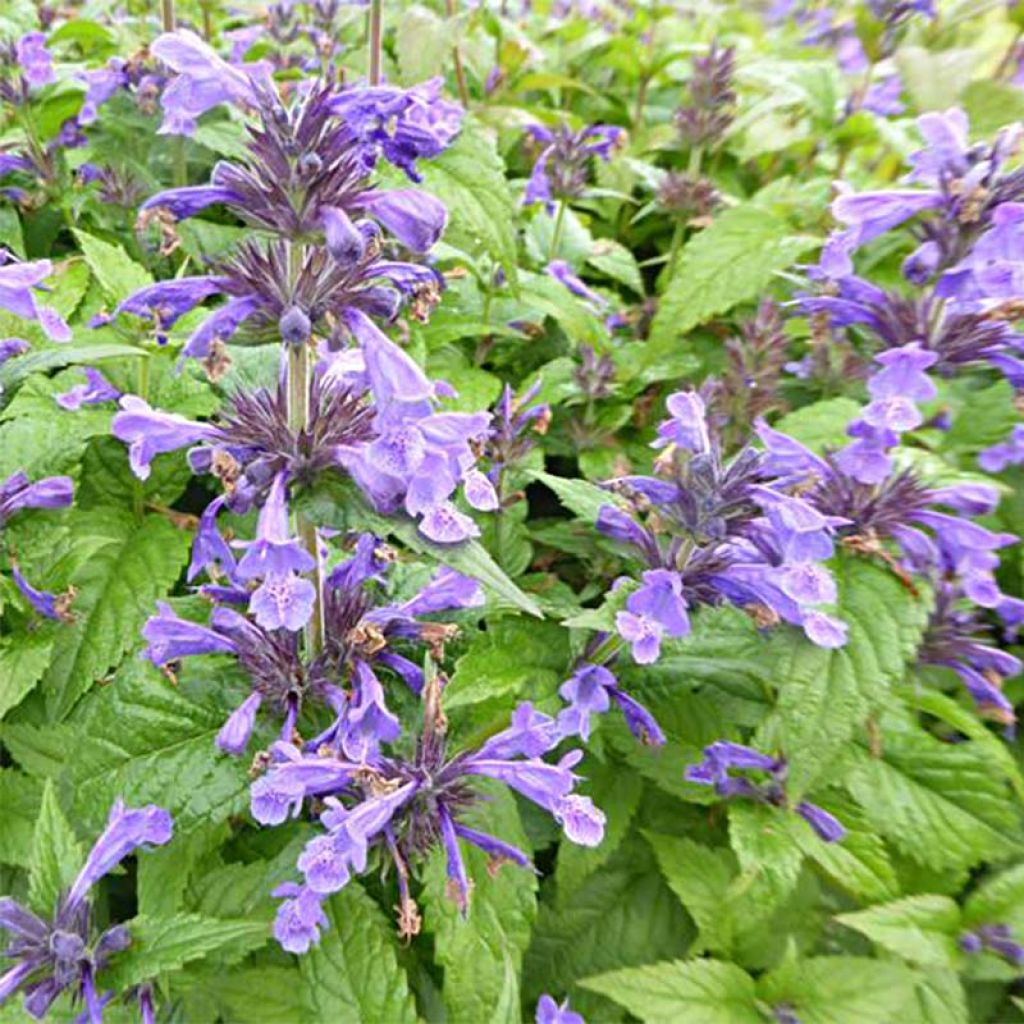

Nepeta Neptune - Catnip
Nepeta Neptune - Catnip
Nepeta nervosa Neptune 'Bokratune'
Catmint
This item cannot be shipped to the selected country
Delivery charge from €5.90
Delivery charge from €5.90
More information
Schedule delivery date,
and select date in basket
This plant carries a 12 months recovery warranty
More information
We guarantee the quality of our plants for a full growing cycle, and will replace at our expense any plant that fails to recover under normal climatic and planting conditions.
From €5.90 for pickup delivery and €6.90 for home delivery
Express home delivery from €8.90.
From €5.90 for pickup delivery and €6.90 for home delivery
Express home delivery from €8.90.
Does this plant fit my garden?
Set up your Plantfit profile →
Description
Nepeta 'Neptune' is a new compact and floriferous variety with veined leaves, suited to small spaces and containers. It forms a small bushy plant with aromatic foliage that is submerged by generous, large flower spikes with a vivid blue colour that is almost ultramarine. It is a small plant, but it will make a sensation from summer to autumn when planted en masse along the edge of a flower bed, or on the terrace in containers. It is also a lovely companion for old-fashioned roses and English roses!
Nepetas belong to the family of Lamiaceae or Labiates, which includes countless strongly aromatic species such as thyme, sage, and lavender. 'Neptune' is a beautiful selection of N. nervosa, introduced in 2017 by a Dutch breeder. Its ancestor is a hardy, fast-growing herbaceous perennial plant with dense growth, native to the Kashmir province.
'Neptune' has is very compact and exceptionally floriferous. It will not exceed 30 cm (12in) in all directions when mature. Its foliage is slightly aromatic due to the essential oils it contains. Its triangular, toothed, and deeply veined, matte dark green leaves, have a wrinkled appearance. Flowering extends from July to October, if faded flowers are regularly removed, with tall spikes, densely filled with small two-lipped, slightly purplish blue flowers that attract many pollinating insects. The leaves are prized by tea enthusiasts, and attractive to cats.
The extraordinary generosity of its flowering and its compact habit make Nepeta 'Neptune' a must-have plant for natural or romantic gardens and easy to grow in flowerpots. It is superb in rock gardens and sunny borders, where it forms a mist of very blue flowers all summer. Nepeta nervosa is a remarkable, easy-to-care-for plant which will fit well in flower beds at the base of roses such as pink 'Buff Beauty' or orange-pink 'Westerland', to conceal their untidy base. You can also plant it with coreopsis, garden valerians, or red shrubby salvias.
Report an error about the product description
Nepeta Neptune - Catnip in pictures


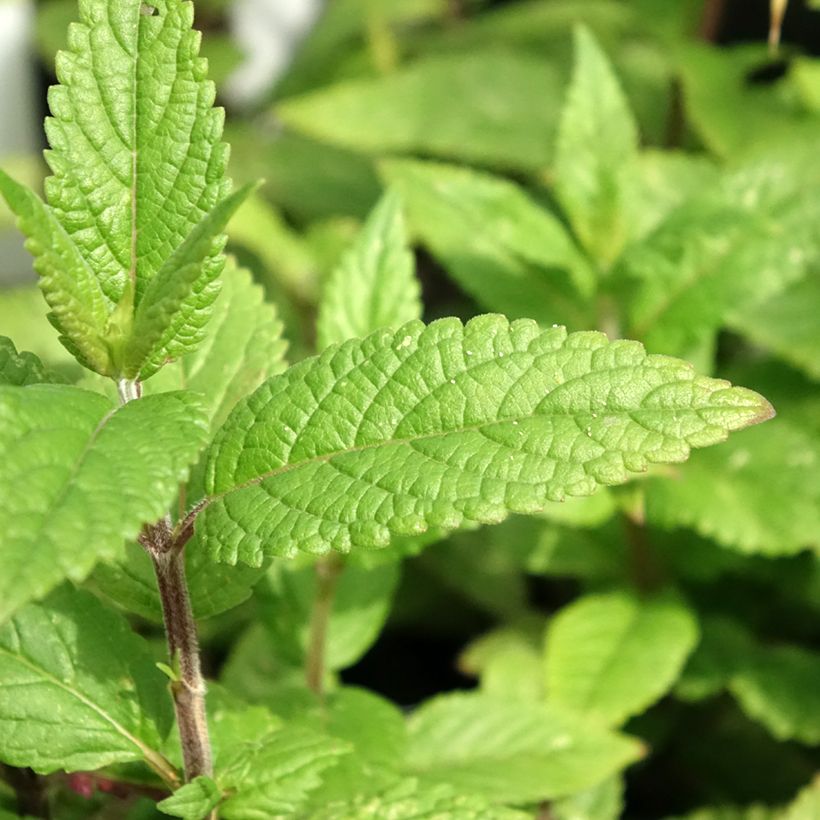

Flowering
Foliage
Plant habit
Botanical data
Nepeta
nervosa
Neptune 'Bokratune'
Lamiaceae
Catmint
Cultivar or hybrid
Other Nepeta - Catnip
Planting and care
Nepeta 'Neptune' grows in the sun in ordinary but light, well-drained, even poor soils. It likes moist soil but can adapt to summer drought by reducing its flowering. It doesn't like excess water in winter. In heavy soils, dig a hole 3 times bigger than the pot and mix 1/3 gravel and 1/3 sand with your soil to lighten it and prevent water logging in winter. Prune the faded flowers to 20cm (8in) in midsummer to make the plant more compact, and bloom again in autumn.
This nepeta may show signs of cryptogamic diseases (powdery mildew, downy mildew) if the growing conditions are unsuitable, for example in excessively wet or dry conditions. Remove the affected parts and burn them.
Planting period
Intended location
Care
-
, onOrder confirmed
Reply from on Promesse de fleurs
Summer flowering perennials
Haven't found what you were looking for?
Hardiness is the lowest winter temperature a plant can endure without suffering serious damage or even dying. However, hardiness is affected by location (a sheltered area, such as a patio), protection (winter cover) and soil type (hardiness is improved by well-drained soil).

Photo Sharing Terms & Conditions
In order to encourage gardeners to interact and share their experiences, Promesse de fleurs offers various media enabling content to be uploaded onto its Site - in particular via the ‘Photo sharing’ module.
The User agrees to refrain from:
- Posting any content that is illegal, prejudicial, insulting, racist, inciteful to hatred, revisionist, contrary to public decency, that infringes on privacy or on the privacy rights of third parties, in particular the publicity rights of persons and goods, intellectual property rights, or the right to privacy.
- Submitting content on behalf of a third party;
- Impersonate the identity of a third party and/or publish any personal information about a third party;
In general, the User undertakes to refrain from any unethical behaviour.
All Content (in particular text, comments, files, images, photos, videos, creative works, etc.), which may be subject to property or intellectual property rights, image or other private rights, shall remain the property of the User, subject to the limited rights granted by the terms of the licence granted by Promesse de fleurs as stated below. Users are at liberty to publish or not to publish such Content on the Site, notably via the ‘Photo Sharing’ facility, and accept that this Content shall be made public and freely accessible, notably on the Internet.
Users further acknowledge, undertake to have ,and guarantee that they hold all necessary rights and permissions to publish such material on the Site, in particular with regard to the legislation in force pertaining to any privacy, property, intellectual property, image, or contractual rights, or rights of any other nature. By publishing such Content on the Site, Users acknowledge accepting full liability as publishers of the Content within the meaning of the law, and grant Promesse de fleurs, free of charge, an inclusive, worldwide licence for the said Content for the entire duration of its publication, including all reproduction, representation, up/downloading, displaying, performing, transmission, and storage rights.
Users also grant permission for their name to be linked to the Content and accept that this link may not always be made available.
By engaging in posting material, Users consent to their Content becoming automatically accessible on the Internet, in particular on other sites and/or blogs and/or web pages of the Promesse de fleurs site, including in particular social pages and the Promesse de fleurs catalogue.
Users may secure the removal of entrusted content free of charge by issuing a simple request via our contact form.
The flowering period indicated on our website applies to countries and regions located in USDA zone 8 (France, the United Kingdom, Ireland, the Netherlands, etc.)
It will vary according to where you live:
- In zones 9 to 10 (Italy, Spain, Greece, etc.), flowering will occur about 2 to 4 weeks earlier.
- In zones 6 to 7 (Germany, Poland, Slovenia, and lower mountainous regions), flowering will be delayed by 2 to 3 weeks.
- In zone 5 (Central Europe, Scandinavia), blooming will be delayed by 3 to 5 weeks.
In temperate climates, pruning of spring-flowering shrubs (forsythia, spireas, etc.) should be done just after flowering.
Pruning of summer-flowering shrubs (Indian Lilac, Perovskia, etc.) can be done in winter or spring.
In cold regions as well as with frost-sensitive plants, avoid pruning too early when severe frosts may still occur.
The planting period indicated on our website applies to countries and regions located in USDA zone 8 (France, United Kingdom, Ireland, Netherlands).
It will vary according to where you live:
- In Mediterranean zones (Marseille, Madrid, Milan, etc.), autumn and winter are the best planting periods.
- In continental zones (Strasbourg, Munich, Vienna, etc.), delay planting by 2 to 3 weeks in spring and bring it forward by 2 to 4 weeks in autumn.
- In mountainous regions (the Alps, Pyrenees, Carpathians, etc.), it is best to plant in late spring (May-June) or late summer (August-September).
The harvesting period indicated on our website applies to countries and regions in USDA zone 8 (France, England, Ireland, the Netherlands).
In colder areas (Scandinavia, Poland, Austria...) fruit and vegetable harvests are likely to be delayed by 3-4 weeks.
In warmer areas (Italy, Spain, Greece, etc.), harvesting will probably take place earlier, depending on weather conditions.
The sowing periods indicated on our website apply to countries and regions within USDA Zone 8 (France, UK, Ireland, Netherlands).
In colder areas (Scandinavia, Poland, Austria...), delay any outdoor sowing by 3-4 weeks, or sow under glass.
In warmer climes (Italy, Spain, Greece, etc.), bring outdoor sowing forward by a few weeks.

































